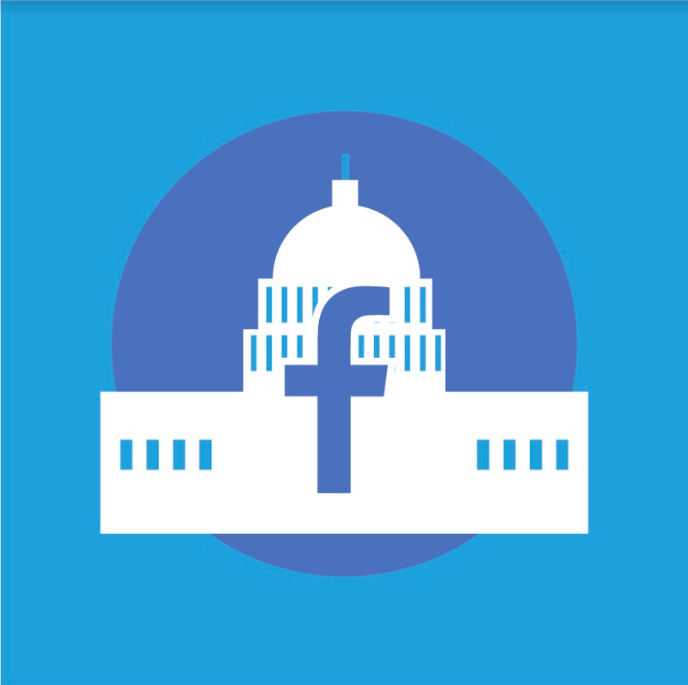More than anything, social media has become a big influencer on what we view and what politics interest us. This can mean open political discussions, the sharing or unification of beliefs and so much more. However, the openness of the internet can also lead to manipulation by corporations or executives in order to influence people’s opinions through what is shown. While the internet can lead to an exposure to a variety of belief systems, it can also be used to shut down other people’s opinions. This method of silencing other tolerant opinions could lead to a lack of variety of points of view.
On Sept. 3, Mattathias Schwartz of The New Yorker reported that Facebook COO Sheryl Sandberg and Twitter CEO Jack Dorsey appeared on Capitol Hill in Washington DC to testify about social media companies’ efforts to ensure that the upcoming midterm elections won’t be hacked. The two testified before the Senate Intelligence Committee to discuss this issue and how the websites could improve in the future. This hearing is in response to questions regarding alleged Russian interference during the 2016 presidential election.
A few weeks ago, President Trump issued an executive order regarding foreign interference in US elections as a threat to national security.
According to CNET, Mark Zuckerberg testified to the US Senate on Capitol Hill that Facebook was planning to take steps to allow transparency in posts and finding verification for political ads, following the presidential election.
“We have learned a lot since then,” said Zuckerberg, “and we have developed sophisticated systems that combine technology and people to prevent election interferences on our services.”
Facebook’s website was prone to hackers taking advantage of the website as a platform to influence users’ political opinions or to manipulate the news feed on the site’s homepage.
During the hearing on Capitol Hill, Sandberg discussed with a committee of senators how the website would be tweaking the algorithms on the site in response to possible interference in the midterm elections.
Meanwhile, Dorsey addressed the issue that social media was a sort of a “public square” that needed to be cleaned and the aspects of bullying online.
Dorsey claimed that users had the right to send tweets to their peers or audience with “a right to equal treatment by the algorithm.”
Dorsey also wanted to discuss with Republicans on the possibility of liberal bias on social media sites such as Facebook and Twitter. One example of this is South Carolina Representative Jeff Duncan, whose staff claimed that their follow recommendations on Twitter were completely made up of liberal politicians.
Duncan noted outside the meeting hall that “[t]his was bias on the part of Twitter.”
With this hearing and testimony, there is hope for reformation of social media without government interference, where the people and companies involved strive to make social media inclusive for all.
Personally, I feel that social media and internet activity should not involve pushing one certain political viewpoint. I don’t think it is fair for tolerant people to have their opinions silenced or for people to be recommend only one side of the story on political issues. While there are certain toxic personalities or viewpoints online, it would be considered a form of censorship to recommend a specific political ideology for people online to adopt. People today should not have their political opinions streamlined a certain way, but should instead have their viewpoints molded from multiple opinions in order to be informed on issues today. Hopefully, there can be a compromise for both government and social media websites to find a way to include a diversity of opinions.




